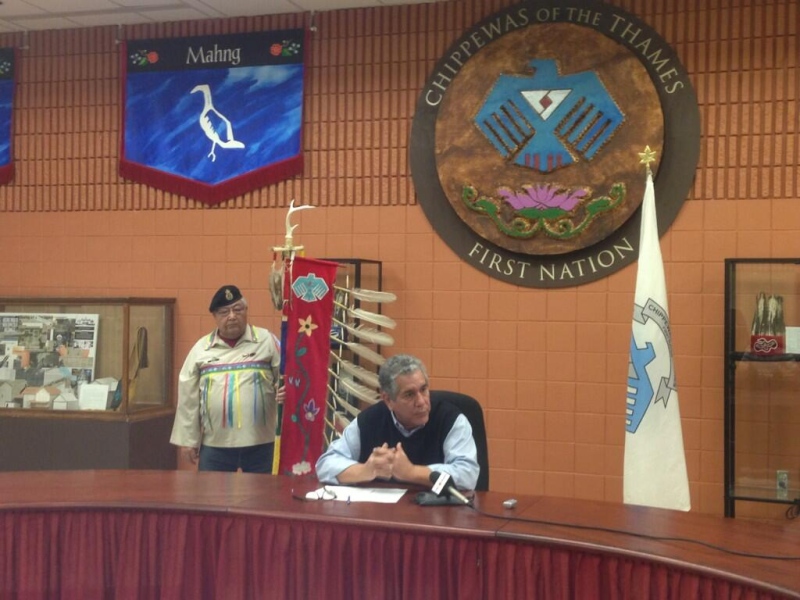Wind turbines are among the most controversial issues in rural Ontario, but a group of people is hoping community ownership and benefit could make renewable energy more welcome.
Steve McKague is trying to mend the community divisions created by wind energy.
“If someone drives by a wind turbine and says ‘That project is putting a new pool in my community or building a new park in my community,’ we're hoping that they won't see it in such a negative light."
He’s part of the Teeswater Community Power Co-operative, a group of local residents who want to build ten turbines in the Teeswater-Mildmay area.
But unlike many of the mega projects across Ontario causing headaches, the decision-making, the actual electricity and most importantly the profits would stay in the local community.
"We’ve got rough estimates that it will be anywhere from $120,000 to $160,000 a year just from that project alone, this is every year for 20 years into the community, this just isn’t a one-time shot,” McKague says.
Co-ops or community wind projects were supposed to be the main focus of Ontario's Green Energy Act, but they've gotten lost in the shuffle and there are only a handful across the province.
Rod Morley of Trillium Alliance Energy says "A lot of the large corporations had the funds and they started the political pressure. I guess the pressure kind of made some people cave to fit their needs, the company’s more than the community’s."
The government has recently set aside some room on the electrical grid for community or First Nations-owned renewable projects, and wants community involvement in every project.
But money is a problem. In Teeswater they'll have raise 20 per cent, or $9 million of the $45 million price tag for the project before anything happens.
Morley, who works for a small company trying to get these community renewable projects going again, says this may be the model that is needed to quell some of wind's critics.












































